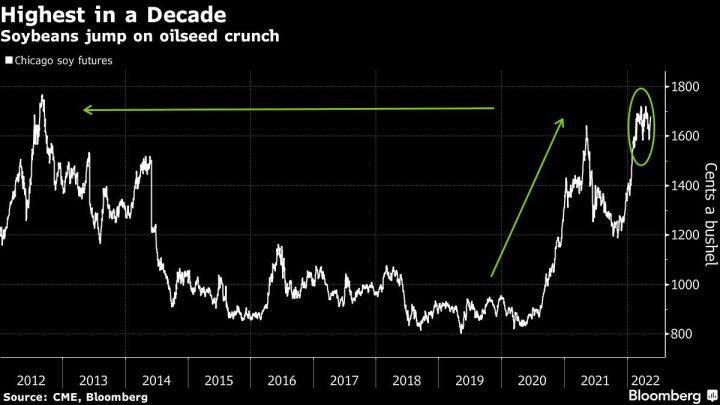Business Maverick
China’s Covid Zero policy is an anchor on commodities prices

Industrial commodities prices in China have regained some of their poise after Shanghai issued a road map for opening up and the central bank cut interest rates on long-term loans. The monetary easing on Friday looks to have been aimed at the embattled housing market in particular, which would be helpful to metals demand.
In that vein, Macquarie Group analyst Serafino Capoferri told an iron ore conference in Singapore last week that he doesn’t expect Chinese stimulus to provide a big boost for commodities prices until next year.
For as long as the government persists with Covid Zero, it seems unlikely that raw materials markets can make much headway, especially if China’s policy helps keep a lid on the power prices that underpin a lot of the cost of producing commodities. The consensus seems to be that President Xi Jinping won’t change course until he secures an unprecedented third term in power at the Communist Party congress in the autumn.
In the meantime, Bloomberg Intelligence forecasts that slower Chinese growth will weigh on energy demand, keeping oil imports weak and capping international prices at $110 a barrel. It also expects seaborne gas imports to take another tumble in May amid the restrictions on industrial activity.
China’s consumption of soybeans is almost as large as the entire US harvest, and the country has to import about 85% of its needs. Prices of the feed ingredient have doubled in the past two years. As a global food crisis looms, soybeans may carry the biggest inflationary risk for a nation reliant on foreign suppliers for many of its staple crops. BM




















 Become an Insider
Become an Insider
Comments - Please login in order to comment.